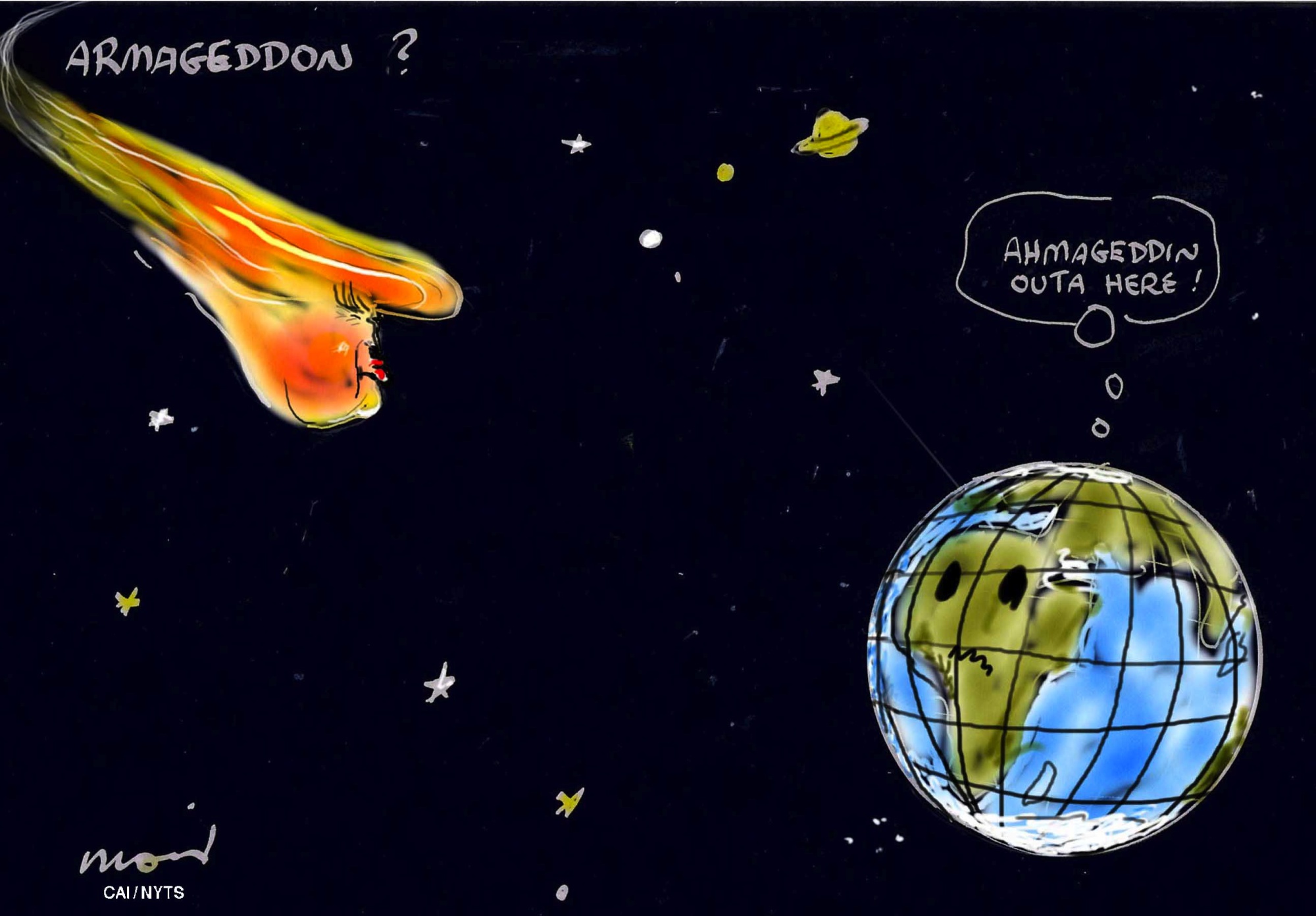A crisis of public confidence in civic institutions — including governments, legislatures, courts, and the media — is a central factor in the rise of Donald Trump and figures like him around the world. And so long as the crisis persists, such leaders will continue to resonate with voters, regardless of electoral outcomes.
The crisis is not new. A 2007 study, commissioned for a United Nations forum, showed a "pervasive" pattern: over the last four decades, nearly all of the so-called developed, industrialized democracies have been experiencing a decrease in the public trust in government. In the 1990s, even countries long known for strong civic trust, such as Sweden and Norway, recorded a decline.
In the United States, Gallup's latest survey of "confidence in institutions" shows double-digit percentage declines in trust since the 1970s (or the earliest available measurement) for 12 of 17 institutions, including banks, Congress, the presidency, schools, the press, and churches; of the remaining institutions, confidence increased modestly for four, and significantly for just one: the military.


















With your current subscription plan you can comment on stories. However, before writing your first comment, please create a display name in the Profile section of your subscriber account page.